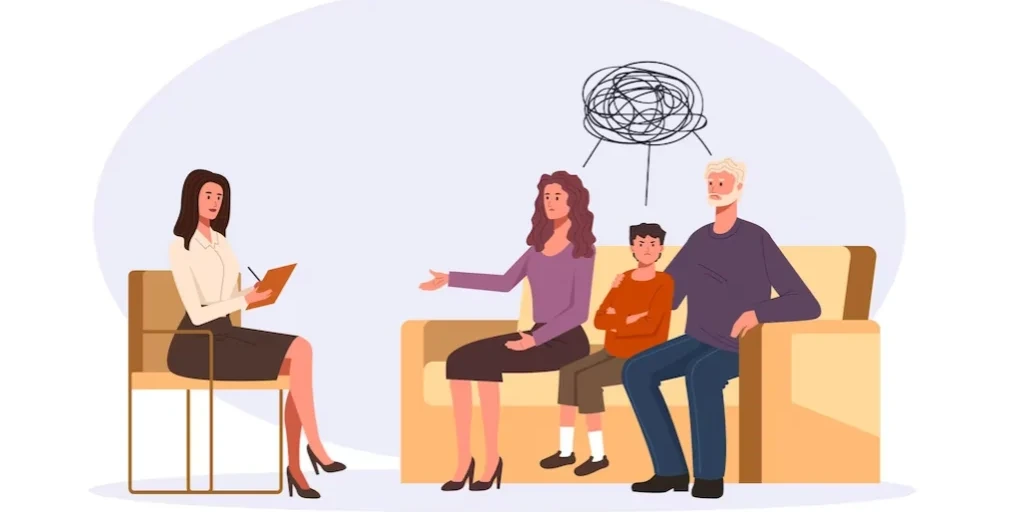24/7 Helpline:
(866) 899-221924/7 Helpline:
(866) 899-2219
Learn more about PTSD Treatment centers in Center Junction
PTSD Treatment in Other Cities

Other Insurance Options

Kaiser Permanente

ComPsych

Health Choice

Lucent

Highmark

American Behavioral

BlueShield

Sliding scale payment assistance

MVP Healthcare

Coventry Health Care

Optima

WellCare Health Plans

Evernorth

CareFirst

Magellan Health

Cigna

Magellan

UMR

Anthem
Beacon




























